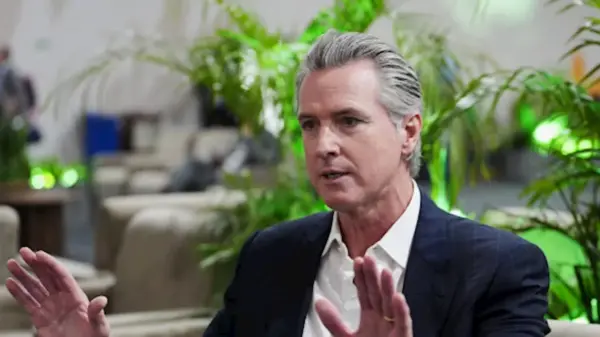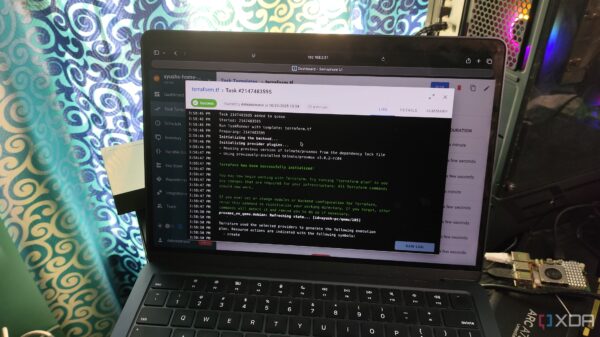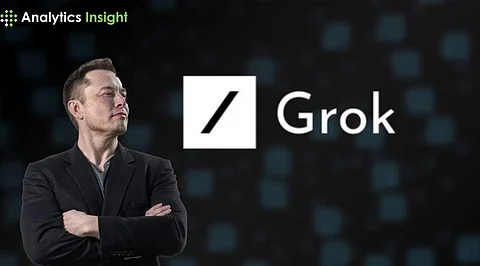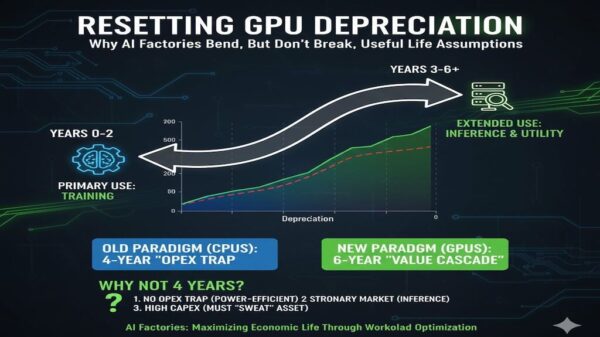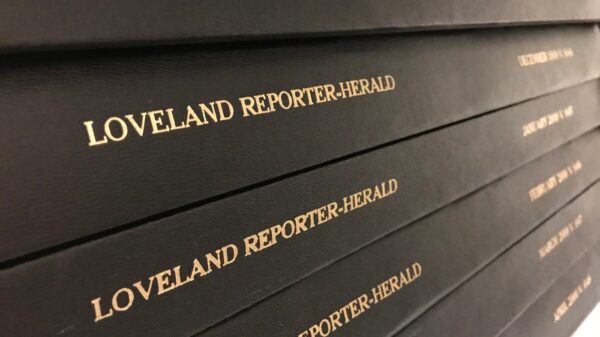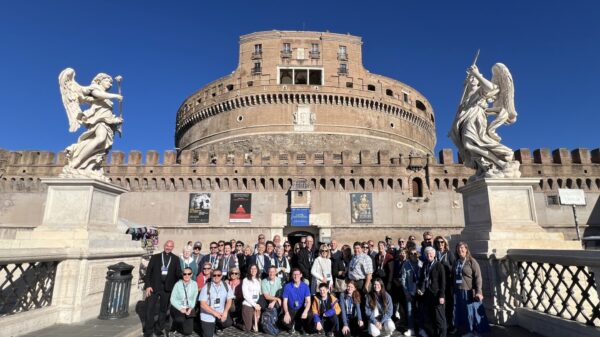A mysterious object, known as 3I/ATLAS, is set to reach Earth today, October 29, 2023, sparking speculation about its origins and potential implications. Initially classified as a comet, the object has exhibited unusual characteristics that have led some experts to suggest it may be an extraterrestrial artifact. Notably, Avi Loeb, a theoretical physicist from Harvard University, has been vocal about the possibility that this object could signify contact with an alien civilization.
Detailed observations from the Hubble Space Telescope revealed that 3I/ATLAS displayed an unusual ‘anti-tail’, a jet of particles directed towards the Sun. Recent high-resolution images from the Nordic Optical Telescope in the Canary Islands confirmed a significant change: the anti-tail that was visible in July and August has now vanished. Despite claims from NASA that the object will simply pass by Earth without incident, Loeb maintains that its behavior raises questions.
In a conversation with science communicator and author Mayim Bialik, Loeb advised caution, suggesting, “If you want to take a vacation, take it before October 29, because who knows what will happen?” While the exact landing location remains uncertain, the potential for a significant global impact is evident. The object has been described as an “advanced alien object,” prompting discussions about what humanity might face if it represents an extraterrestrial presence.
Literature has long explored themes of alien encounters, with H.G. Wells offering a tongue-in-cheek survival guide in his novel *War of the Worlds*. He humorously suggested that humans might be able to fend off invaders simply by sneezing, as Martian bacteria would be ineffective against Earth’s microorganisms.
Loeb, however, reassured the public, asserting that any extraterrestrial visitors are likely not motivated by a desire to exploit Earth’s resources. He believes that aliens may simply be curious about humanity, considering the vast time it takes to traverse the universe. “They are far more sophisticated and ahead of us humans,” he stated, emphasizing that such an encounter could be an opportunity for knowledge exchange.
He added, “For us, it will be a learning experience.” While some fear the risks of an invasion, Loeb encourages a more optimistic perspective, suggesting that this interaction could ultimately be beneficial.
As the world awaits the passage of 3I/ATLAS, the scientific community remains divided on what to expect. The object’s arrival will undoubtedly fuel further debate and curiosity about our place in the universe, and whether we are truly alone.

















